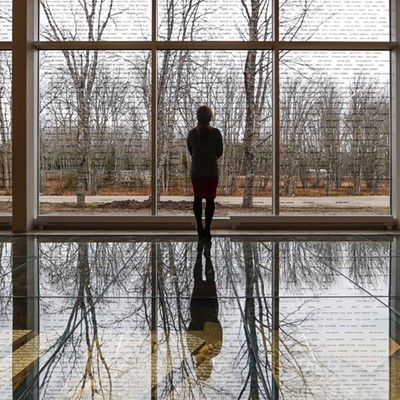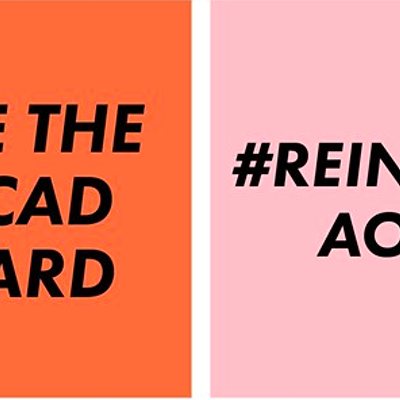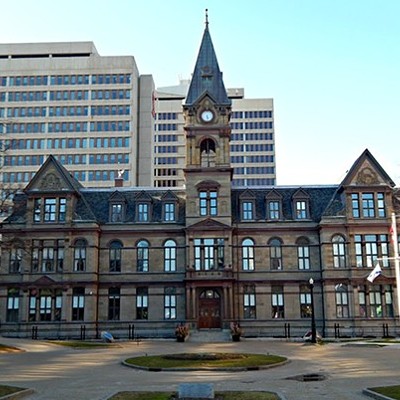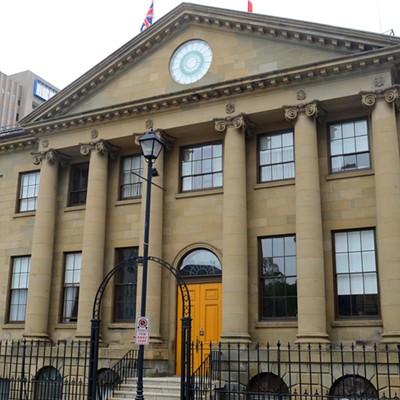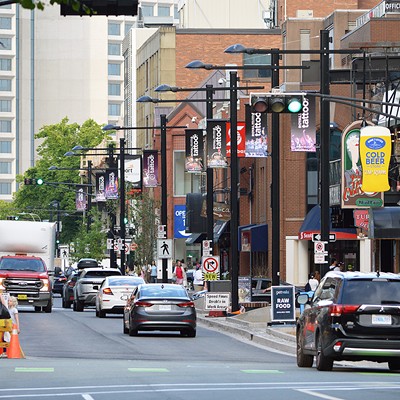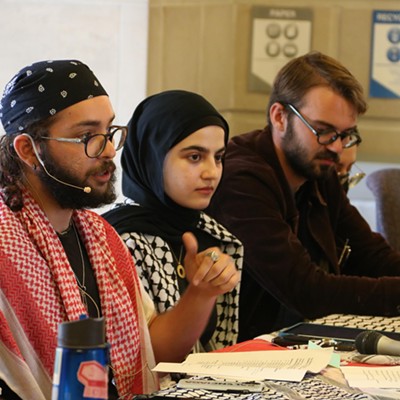Not everyone was satisfied with mayor Peter Kelly’s apology to residents for the loss of Africville.
“He said we lost everything,” says Denise Allen, organizer of an injunction to stop the settlement. “We didn’t lose anything! It was stolen. He apologized for all we endured. We didn’t endure. We fought against it. We didn’t just endure it. We fought for inclusion, to enjoy the same services and entitlements that the rest of the citizens of Halifax enjoyed. And no one mentioned race. That’s racism in itself.”
Allen filed an injunction last Tuesday, March 9 [see correction above], to stop the recent government offer to the Africville Genealogical Society to settle Africville grievances---that offere includes $3 million in city funds backed by $1.5 million from the province and a quarter of a million dollars of federal funds, mainly going to the construction of a church in Seaview Park which will be renamed Africville.
[Allen has written an editorial for The Coast, explaining her views; see, here.]
Allen's injunction asserts that the Africville Genealogical Society lacks a mandate from the descendants themselves because there are in violation of the society's charter.
Allen says that the Society were supposed to have annual general meetings where the members would elect the officers of the society and there have not been meetings since 2007. She described any agreements by the city with the leadership of this organization as illegal.
Irvine Carvery, leader of the Africville Genealogical Society denies Allen’s claims.
“The Africville Genealogy Society does have the support of the Community,” says Carvery. “At our last meeting, we handed out the minutes of the July 2007 general meeting where the majority of those in attendance gave the Executive the mandate to go and negotiate with HRM. At this same meeting the members agreed to changes to our By-laws that called for elections every three years, putting the current Board in place until July of this year.”
“I wonder how many people were in attendance at that meeting?” asks Amanda Carvery, distant cousin to Irvine, whose father was raised in Africville. “This is a board that is basically Irvine and his friends. I wonder if there were ten people at his meeting. He might have discussed it with his friends, cause everyone I talked to doesn’t know anything about it.”
She described the consultation process leading to the settlement as a joke.
“They held a supposed information session the Saturday before the announcement with extremely short notice, said if you are available come,” explains Amanda Carvery. “A lot of people weren’t present there, they told people what was going on, they had them sign something that said they were present, and people were saying that you had to sign it to get compensation and they all started signing anxiously and then Irvine told them what was going to happen. Rougly half of them put their hands up, the half that did didn’t know what was happening.”
Allen says the process reminds her of what happened to her great grandmother Sarah Mantley when Halifax “negotiated with her.”
“It wasn’t negotiation,” says Allen. “It was terrorism.”
Her grandmother’s four houses were reduced to rubble while she was visiting her daughter.
“She made us all vow to make them pay for what they did to her,” says Allen.
She says the settlement doesn’t offer adequate compensation for what the people of Africville went through.
“We couldn’t even go to school,” says Allen. “When we were permitted to go to school, every child of Africville was streamlined into slow learning. Someone has to take responsibility for what they did to destroy those adults. They were not all slow learners. We need to do something about that lost potential. We were taxpayers and we didn’t get services for our taxes. I think we should all get back what we paid to the city in today’s dollars with interest.”
Irvine Carvery says the settlement has nothing to do with individual compensation.
“Since 1985 we have told the Former Residents that the Society would not be negotiating individual compensation based on the legal advice we had received and the fact that the Mandate of the Society is to represent the interests of the community as a whole,” says Irvine Carvery. “We informed everyone, that if they felt there needed to be individual compensation, then they should hire a lawyer and sue the City.”
Amanda Carvery argues that the black community doesn’t need another church and the interpretative center isn’t for the community, but rather for Nova Scotia tourism.
“Some are arguing for personal compensation, some want the land they stole back,” says Amanda Carvery. “Mostly they want an education program put into place to remind the African community of their sense of what they were capable of. Breaking up Africville ruined the education of a generation. It created a cycle of putting its children on social assistance, forcing people into the cycle of poverty. We have new generations that are teaching their kids the same things, we want education funds so that the cycle can be broken.”
Allen says that she believes it’s the poor education members of the executive of the Africville Genealogical received that led to their agreement to the settlement in the first place.
Allen says that Irvine Carvery as a government employee negotiating on the community’s behalf is a clear conflict of interest.
Amanda Carvery argued that Irvine Carvery’s position as chair of the Halifax Regional School Board and holder of the African Nova Scotian seat is a similar conflict of interest, as it raises the question of what constituency Irvine is representing---the black community or the city itself?
Allen says that Irvine Carvery has not responded to her claims, but has made claims of his own that deny her Africville ancestry.
“I was feeling sorry for him,” says Allen. “I feel that anybody that would allow themselves to be manipulated into this deal suffers from internalized oppression. And since he is one of those children that came from an education system that practiced eugenics language, I felt sorry for him. After all, every day they were being flooded with hate, being told they were inferior, that they were stupid and inbred, that you come from family of low morals. As a child you internalize that hateful language. I was feeling sorry for Irvine, he is not your classic sellout; he is a victim of racism. But I will not stand for his attempt to assassinate my ancestry. ”
Irvine denies he made any claims about her ancestry.
“As far as Denise not being a member of the Africville Community,” says Irvine Carvery, “She may be referring to the fact that she was removed from the Board of Directors of the AGS for conduct unbecoming a member.”
Allen describes a moment at the meeting that has motivated her struggle to stop the settlement.
“At the meeting, the daughter of one of the board members asked if is this was their first offer,” she explains. “They couldn’t answer it. She said, ‘Don’t you think you should fight for something better?’ Their lawyer said ‘Do you know where you are?’ That is a classic example of internalized racism. That’s what the lawyer said. Then what one of the board members said, ‘we are black people, we will never get what white people will get’. Then one of the board members said, we are black people, we will never get what white people will get. ‘We’re black, we’ll never get what they get’. She said that in front of her teenage son---it’s basically telling him to go join a gang, get it anyway you can.
“I would rather take the chance with the law,” continues Allen. “I would rather expose flaws in justice system so that it improves then settle for nothing.”

